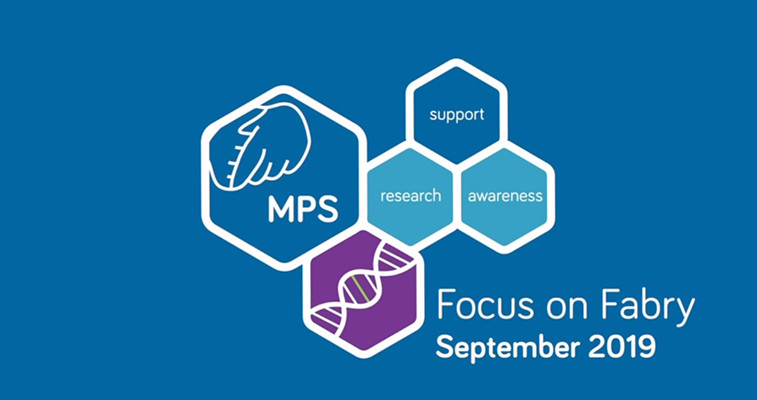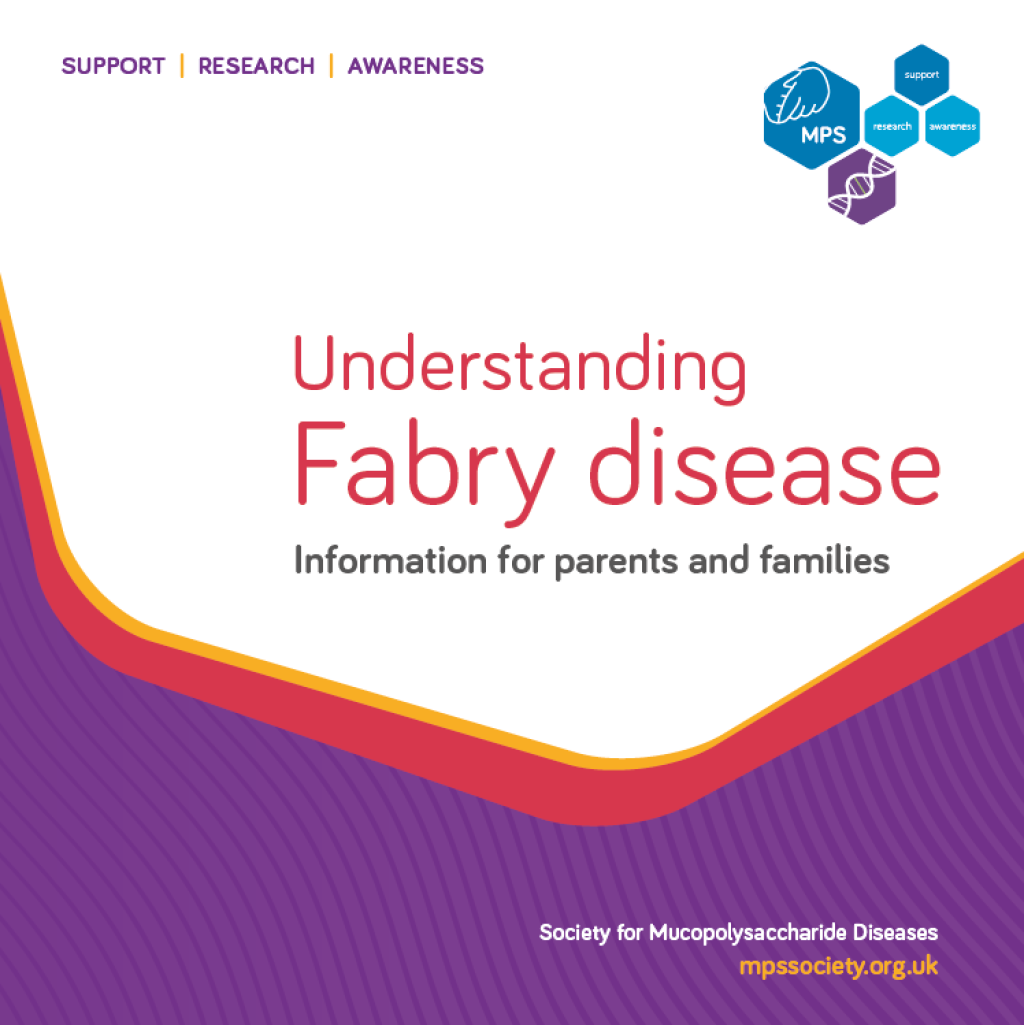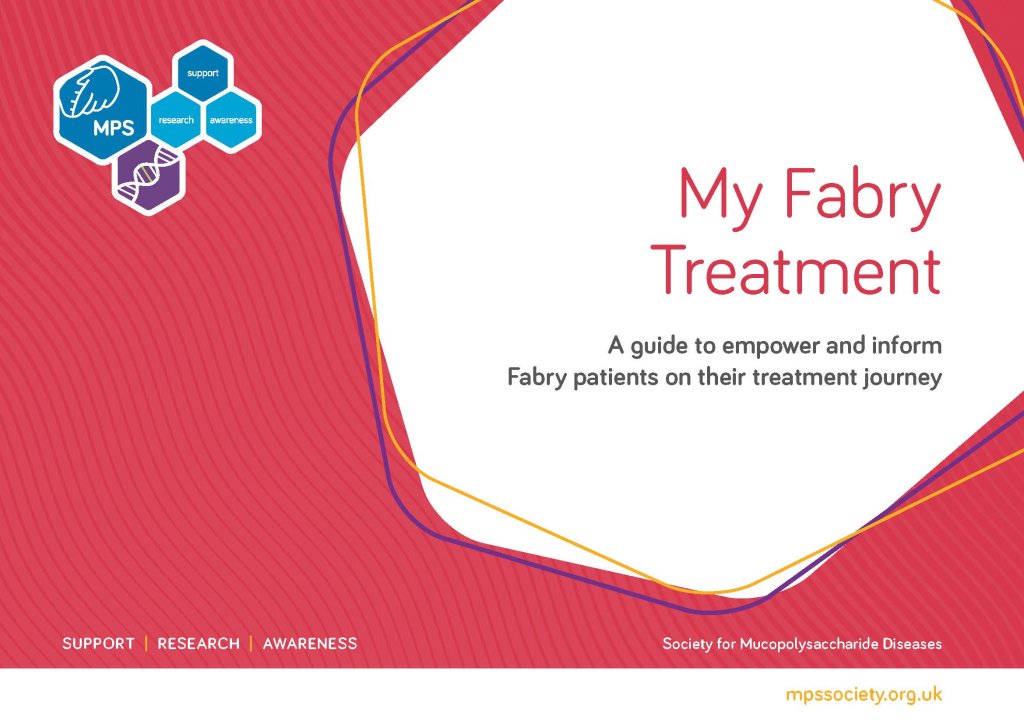Women’s health is a topic that comes up frequently with our female members living with Fabry disease. We know that our members want to understand how Fabry might interact with different aspects of their health and what they can do to manage symptoms alongside their usual care.
Published research is limited on this really important topic. So this month, we gathered some of the key questions from our community and took a deep dive into the topic, aiming to open the conversation and provide some answers where possible.
While this summary is designed to inform and guide your conversations, it isn’t a substitute for medical advice. Always speak with your healthcare team before making decisions about your treatment or health management.
Menopause and Hormone Replacement Therapy (HRT)
Menopause can bring changes such as fatigue, hot flashes, mood swings and urinary issues, symptoms that can overlap with Fabry disease. Women with Fabry generally experience menopause around the same age as the wider population but symptoms may feel more intense due to their underlying condition.
Key points:
HRT may help manage menopausal symptoms but some types carry risks for heart, kidney and vascular health. Fabry also carries risks in these areas, so careful discussion is required before making decisions about treatment
HRT options {like oral, transdermal (patch or gel) and local} each have a different risk profile. Its not a one size fits all scenario
Non-hormonal approaches, lifestyle strategies and multidisciplinary care can all help manage symptoms safely
Discuss all options with your cardiology, renal and gynaecology specialists before making decisions.
Pregnancy
Pregnancy in women with Fabry disease may be higher risk depending on how Fabry impacts the individual. Potential complications include:
High blood pressure or protein in the urine
Cardiac or kidney issues
Many women have successful pregnancies with careful monitoring. Preconception counselling, high-risk obstetric oversight and ongoing collaboration between metabolic, renal and cardiac teams are recommended.
Genetic considerations:
Fabry disease is X-linked, so there is a risk of passing the condition to children
Genetic counselling can help to understand risk and make family planning decisions in the context of this risk
Urinary health and UTIs
Women with Fabry may be more prone to urinary issues due to kidney involvement or autonomic bladder dysfunction, which can increase the risk of urinary tract infections (UTIs).
Practical advice:
Keep track of urinary symptoms and discuss them with your clinical team
Baseline bladder assessments may be recommended to monitor function
Contraception
Some hormonal contraceptives may increase the risk of blood clots and vascular complications. Alternatives include:
Long-acting reversible contraception (LARC): Hormonal coils can reduce bleeding and carry lower systemic hormone exposure
Progestogen-only methods: Pills, injections or implants with lower vascular risk
Barrier methods: Non-hormonal but slightly less effective for pregnancy prevention
Collaborate with your gynaecologist and Fabry/metabolic specialist to choose the safest and most effective option for your situation.
Painful or heavy periods
Fabry does not consistently cause heavy or painful periods but many women report severe menstrual symptoms. Pain may be influenced by:
Fabry-related neuropathic or autonomic pain
Gynaecological conditions such as fibroids, endometriosis or bleeding disorders
Practical advice:
Keep a symptom diary of pain, bleeding, and Fabry-related symptoms
Ask for a referral to a gynaecologist for evaluation
Collaboration between your Fabry team and gynaecology ensures both Fabry-related and gynaecological causes are addressed
Practical tips for clinics
Bring up women’s health in your Fabry clinic appointments
Track symptoms with a diary to guide discussions with your healthcare team
Ask for referrals to gynaecology, cardiology or renal specialists as needed
Discuss contraception, HRT, urinary health and menstrual symptoms proactively
This article is for educational purposes and is not a substitute for medical advice. Always speak with your clinical team before making decisions about your treatment or health management.
Resources
Understanding Fabry disease - information for parents and families
We know that being diagnosed with a rare disease is life-changing and you can struggle to come to terms with it. Therefore, we have...

Variable Presentations in Female Fabry Patients by Atul Mehta
Focus on Fabry - Expert and Patient Meeting 2019 Variable Presentations in Female Fabry Patients by Atul Mehta Consultant Haematologist...
My Fabry treatment: a guide to empower and inform Fabry patients on their treatment journey
This guide is for patients with Fabry disease. It explains the structure of care you may receive at your specialist centre.

Chat with Liz for International Fabry Women's Day
The first Saturday in April is International Fabry Women's Day and we had a lovely chat with Liz who has had a very recent diagnosis with Fabry.





